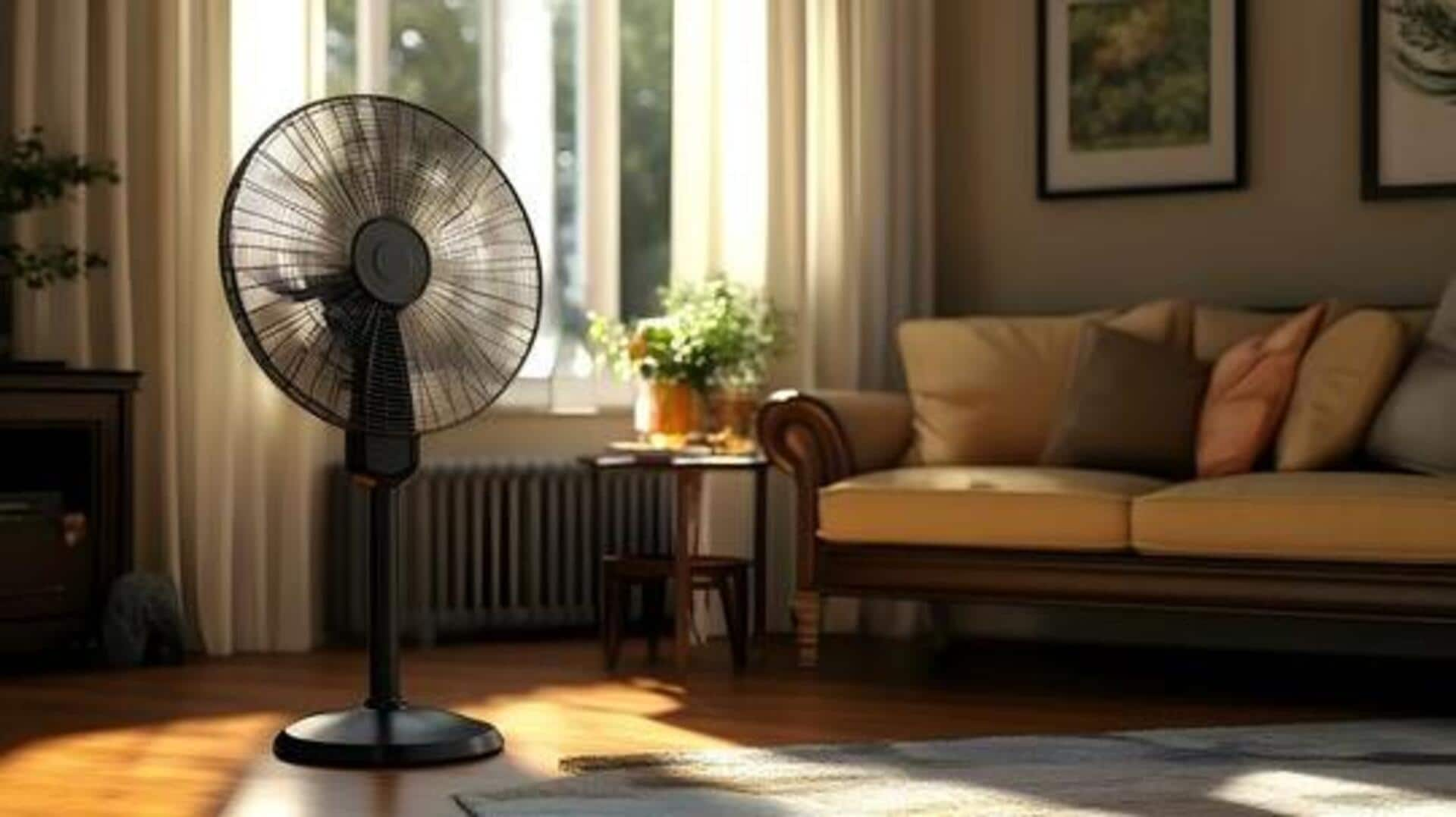
Household ventilation: Myth v/s facts
What's the story
Household ventilation is often overshadowed by myths that can skew our perception of its effects on health. Many think some practices or products can remarkably enhance air quality but not all of them are rooted in reality. Knowing the truth behind these myths is imperative for sustaining a healthy living space. This article intends to debunk some popular misconceptions about household ventilation and enlighten practices that actually work.
Tip 1
Myth: Opening windows always improves air quality
While opening windows can help in circulating fresh air, it doesn't always mean that the air quality will improve. In urban areas rife with pollution, outdoor air may bring in more pollutants into the house. It is important to mind the outside environment before depending entirely on open windows for ventilation. Using air purifiers/mechanical ventilation systems could be more effective in such cases.
Tip 2
Myth: Ventilation systems are too expensive
Many assume that installing a proper ventilation system is costly and unaffordable for average households. However, there are various options available at different price points, making it accessible for many budgets. Simple exhaust fans or window-mounted units can be installed at an affordable price, providing significant improvements in indoor air quality without breaking the bank.
Tip 3
Myth: Plants can replace ventilation systems
Plants are often touted as natural air-purifiers, even capable of replacing mechanical systems altogether. However, while plants do contribute to better indoor air by absorbing carbon dioxide and releasing oxygen, they cannot replace proper ventilation systems. The rate at which plants filter toxins is minimal compared to what a dedicated system can achieve in maintaining optimal indoor conditions.
Tip 4
Myth: All air filters are created equal
Not all air filters provide the same protection against pollutants and allergens. Some filters are specifically designed for larger particles like dust and pollen, while others are for smaller ones like smoke or bacteria. Accordingly, it is best to choose an appropriate filter depending on your specific needs and environmental factors, instead of assuming any filter would do.
Tip 5
Myth: Ventilation is only necessary in summer
A common misconception is that ventilation only needs to be used during warmer months when temperatures rise indoors. However, proper airflow is crucial year-round to prevent moisture buildup and reduce mold growth risks during colder months, too. Ensuring adequate ventilation throughout all seasons helps maintain consistent indoor comfort levels and promotes overall health benefits, regardless of weather conditions outside.